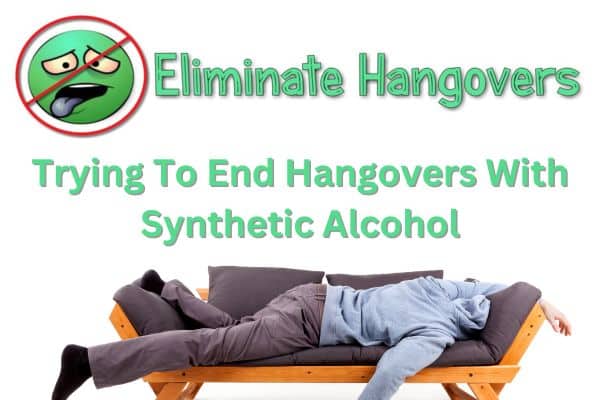GABA Labs: Pioneering the Synthetic Alcohol Revolution
Review of the article “Meet One Startup Trying To End Hangovers With Synthetic Alcohol”.
You can read the article here.
The beverage industry is no stranger to innovation and evolution. From the emergence of craft breweries to the popularization of non-alcoholic drinks, trends are always shifting and new markets emerging. One of the most recent shifts, as described in a fascinating Wall Street Journal article, is the development of synthetic alcohol.
This bold innovation is being pioneered by GABA Labs, a startup that’s striving to unravel the problem of hangovers. Their proposed solution? An alcohol substitute that delivers all the benefits and pleasures associated with alcohol, yet without the negative aftermath. This revelation could potentially revolutionize the alcohol industry, and the article does an excellent job of capturing the essence of this groundbreaking venture.
David Orren, the managing director of GABA Labs, is given a platform in the article to share his compelling vision. Orren’s metaphor, likening traditional alcohol consumption to clumsily playing a piano with boxing gloves, vividly encapsulates the problem they seek to solve – alcohol’s effect is too wide, too untargeted, and brings along with it unwanted side effects.
However, the crux of the success of GABA Labs’ synthetic alcohol is not just its visionary leadership, but also the scientific expertise backing the endeavour. The inclusion of Dr. David Nutt, a renowned neuropsychopharmacologist, as the company’s Chief Scientific Officer is a testament to this. Nutt’s prior experience as the chief of section of clinical science in the National Institute of Alcohol Abuse and Alcoholism grants a great deal of credibility to the company’s claims.
While the article does a decent job in highlighting these points, it somewhat glosses over the underlying science of synthetic alcohol. Readers would appreciate a deeper exploration of the gamma-aminobutyric acid (GABA) used in their product, its effects on relaxation receptors in the brain, and the method in which it circumvents the negative impacts of alcohol.
Furthermore, the societal implications of such a product are left mostly untouched. How might synthetic alcohol change our relationship with drinking? Could it lead to a healthier society or present new, unforeseen challenges? While these questions stray from the immediate scope of the article, they would certainly enrich the discourse surrounding this novel product.
In closing, the article serves as an engaging introduction to the fascinating world of synthetic alcohol, adeptly spotlighting the innovative work of GABA Labs. While it could benefit from a more in-depth exploration of the science behind the product and its potential societal impact, it leaves the reader with a sense of eager anticipation about the future of this industry. The potential of a world without hangovers is tantalizing indeed, and GABA Labs appears to be leading the charge towards this brave new world.

